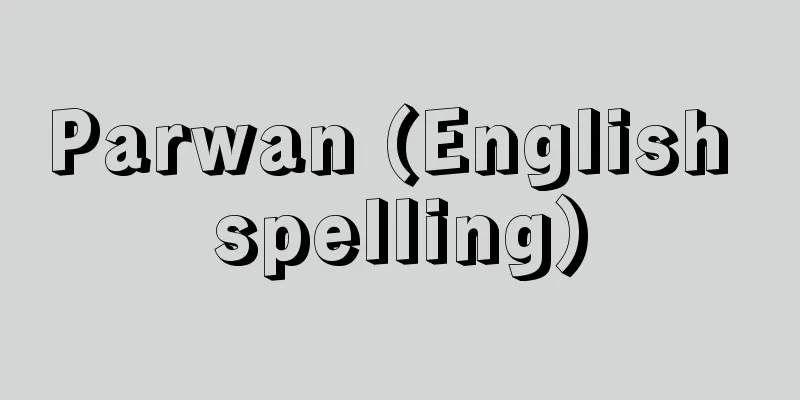Park Yeong-hyo

|
Year of death: September 20, 1939 Year of birth: Cheoljong 12.6.12 (1861.7.19) An enlightened politician in the late Joseon Dynasty of Korea. His Japanese pronunciation is "Boku Eikou". He studied practical studies under Pak Gyu-su and formed the Enlightened faction with Kim Ok-gyun, Hong Young-sik, and Seo Kwang-beom. After the Imo Coup (1882), he visited Japan as a mission to inspect Japan's modernization and became acquainted with politicians and Fukuzawa Yukichi. After returning to Korea, he and Kim Ok-gyun sparked the Gapsin Coup (1884), but was defeated and fled to Japan. In 1888 (the 25th year of the reign of Gojong), he presented a "Petition" to King Gojong, appealing for the urgency of the situation in East Asia and the urgent need to modernize Korea. In 1898, after the outbreak of the Sino-Japanese War, he returned to Korea and became Minister of the Interior, participating in the Gapsin Reforms, but rebelled against Japan's strong interference and acted arbitrarily, coming into conflict with Kim Hong-jip and others. After the Triple Intervention (1895), he tried to stop Queen Min from approaching Russia, but was charged with conspiracy and fled to Japan again in 1907. He returned to Korea in 1907 and became the Minister of the Imperial Household, but was exiled after clashing with the Yi Wan-yong cabinet during the Hague Secret Envoy Affair (1907). After the Japan-Korea Annexation (1910), he was awarded a marquis by Japan. He mobilized the energy of the Korean people to achieve Korean independence, but failed to achieve reform. <References> Moriyama Shigenori, Japan-Korea Annexation (Moriyama Shigenori) Source: Asahi Japanese Historical Biography: Asahi Shimbun Publications Inc. About Asahi Japanese Historical Biography |
|
没年:昭和14.9.20(1939) 生年:哲宗12.6.12(1861.7.19) 朝鮮李朝末期の開化政治家。日本語読みは「ぼく・えいこう」。朴珪寿から実学を学び金玉均,洪英植,徐光範らと開化派を結成する。壬午事変(1882)後に修信使として訪日し,日本の近代化を視察し政界人および福沢諭吉らと交遊する。帰国後,金玉均らと甲申政変(1884)を引き起こすが,挫折し日本に亡命する。高宗25(1888)年,国王高宗に「建白書」を上呈し,東アジア情勢の切迫と朝鮮近代化の急務とを訴えた。同31年,日清開戦後帰国し内部大臣となり甲午改革に参画するが,日本の強い干渉に反発して独断専行し,金弘集らと対立した。三国干渉(1895)後の閔妃のロシア接近を抑えようとしたが,陰謀罪に問われ,同32年再び日本に亡命。隆煕1(1907)年帰国し宮内大臣となったが,ハーグ密使事件(1907)に当たり李完用内閣と対立し追放される。日韓併合(1910)後に日本から侯爵を授かる。朝鮮独立のため国民の活力を動員し,改革実現をめざしたが挫折した。<参考文献>森山茂徳『日韓併合』 (森山茂徳) 出典 朝日日本歴史人物事典:(株)朝日新聞出版朝日日本歴史人物事典について 情報 |
>>: Pak Yong-hi (English spelling)
Recommend
Azumigawa
This is the former town area of Takashima City i...
Enclosure - Enclosure (English spelling)
It is translated as "enclosure." It ref...
Iris unguicularis (English spelling)
…[Tetsuichi Yahara]. … *Some of the terminology t...
Adenylate kinase
[EC2.7.4.3]. Also known as myokinase. An enzyme th...
"Akogare" (movie) - Akogare
...At Bazin's urging, he began writing for th...
Tuglas, F. (English spelling) TuglasF
…The neo-romantic G. Suits (1883-1956) praised ar...
Pippin der Kurze (English spelling)
…son of Charles Martel of the Carolingian dynasty...
Akaeshiki pottery
A painting method used on ancient Greek pottery. I...
Panama hat - Panamabou (English spelling)
This hat is made from thin braided Sanadahimo str...
Metallogenic epoch
A metallogenic period is a period when deposits of...
Isaac - yitschāq (Hebrew)
One of the patriarchs of Israel. According to the...
Antalis weinkauffi (English spelling)
…It lives on fine sandy muddy bottoms and prefers...
Dutch Winter Solstice - Holland Winter Solstice
…A banquet held during the Edo period to celebrat...
Bishop's ring
A faint reddish-brown ring that appears around the...
Drosera peltata (English spelling) Droserapeltata
…[Katsuhiko Kondo]. … *Some of the terminology th...









